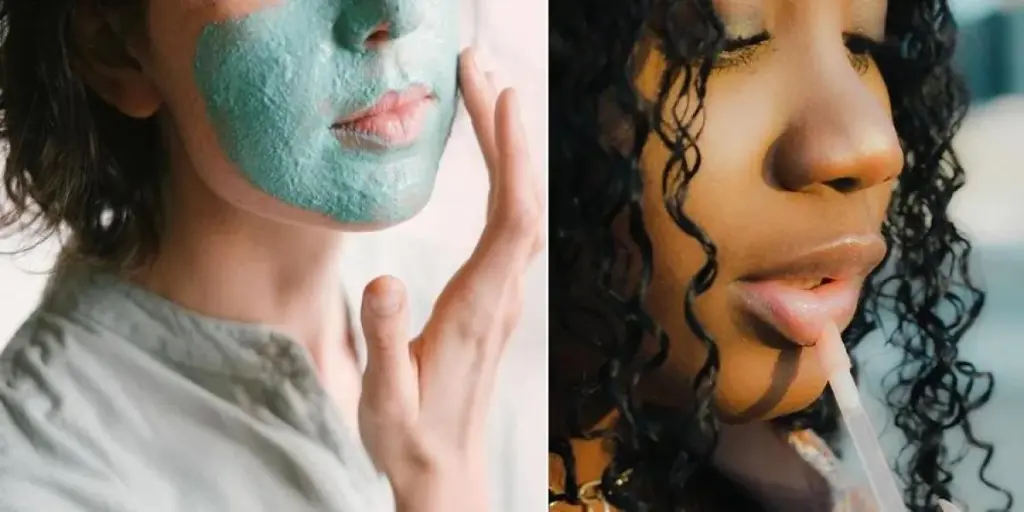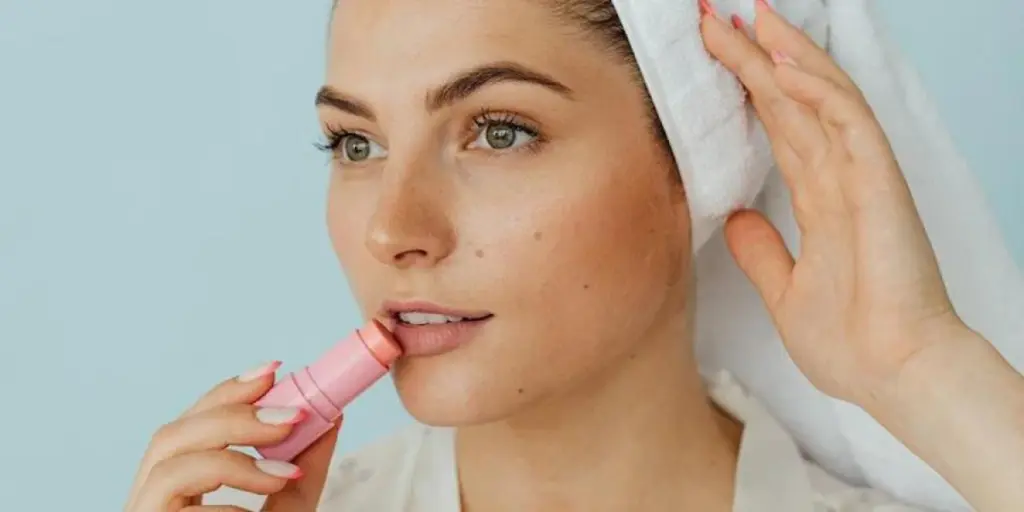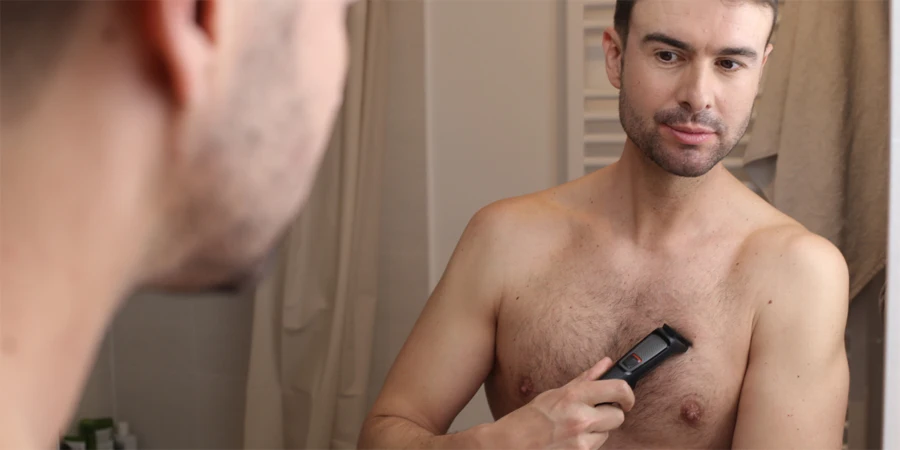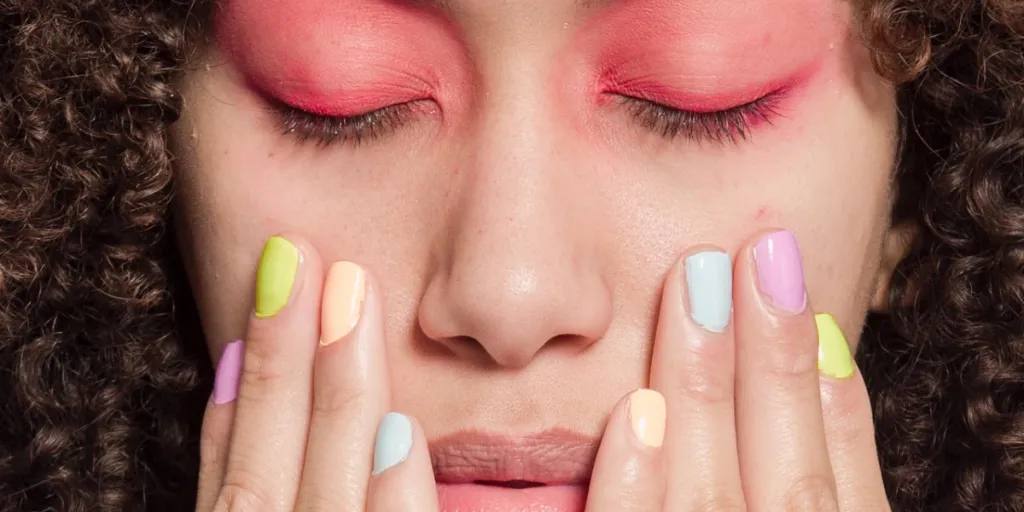Despite economic downturns, the beauty industry is thriving and, thanks to the lipstick effect, is more likely to hold its own than other discretionary categories. The increased interest in clean and hydrating beauty, as well as portable and hybrid solutions for those on the go, is forcing companies to adapt and grow. Discover how brands are responding to these changes to gain market share and drive growth.
Table of Contents
An overview of the beauty industry
8 trends that will influence the beauty industry
Key focus points
An overview of the beauty industry
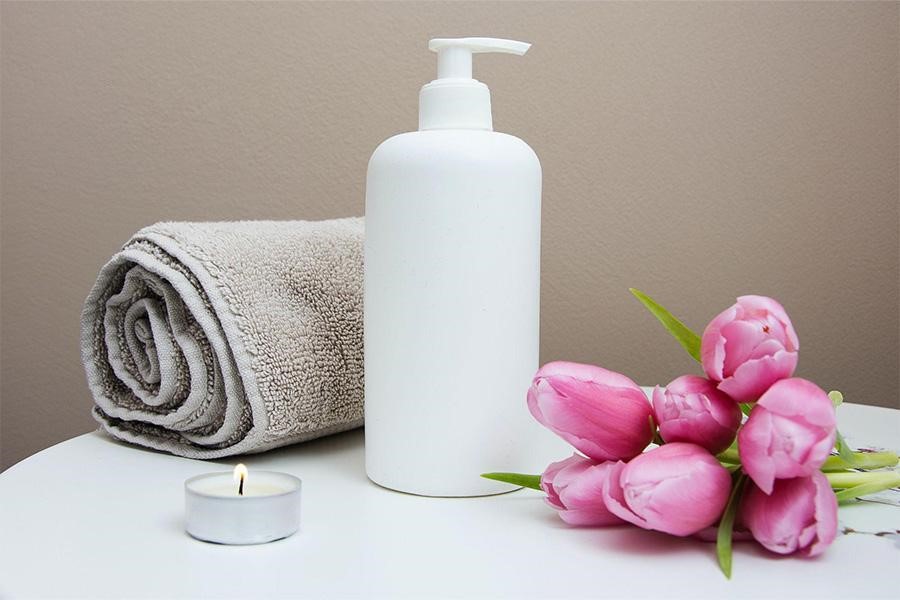
The global beauty industry was valued at USD 287.94 billion in 2021 and es expected to grow at a compound annual growth rate (CAGR) of 5% to reach USD 415.29 billion by 2028. Cosmetics have become part of most people’s modern lifestyles, including men.
The beauty industry provides a diverse range of products, such as skincare, haircare, and makeup. Additionally, the growing demand for nourishing and anti-aging serums and the development of innovative tools and personalized products are attracting customers.
Brands are implementing novel strategies to increase sales across various demographics. One strategy is offering customized products with skin-nourishing ingredients and appealing packaging. Continue reading to learn about all of the trends.
8 trends that will influence the beauty industry
Geo-specific beauty
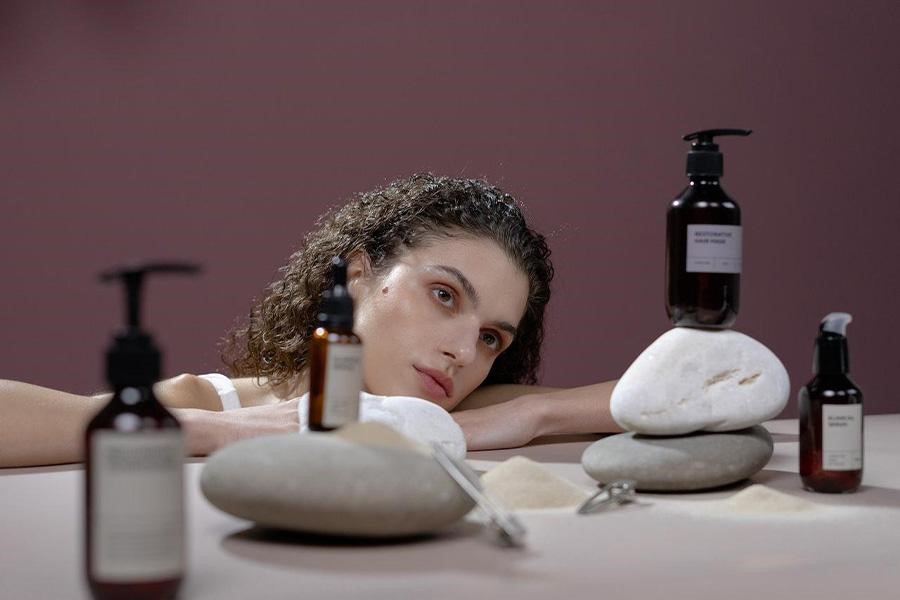
Brands will deviate from traditional models to meet the geo-specific beauty needs of consumers from various regions. They will specifically address consumer needs based on local climate, a previously overlooked segment. One brand, for example, offers skincare designed specifically for tropical Asian climates, with formulations expertly developed to resist sweat.
Because external factors such as humidity are known to affect hair, geo-specific haircare will be popular. Some brands sell products that contain proprietary technology developed specifically to protect hair from extreme weather. Others provide products to protect against smoke pollution, Vitamin D3 drops for those who do not get enough sunlight, and moisturizing lotions to help dehydrated skin due to poor environments.
Some brands help customers choose the right product by gathering information about where they live in order to determine how pollution affects their skin. Then, they offer a customized skin care plan to tackle different issues.
Superfoods to improve skin health
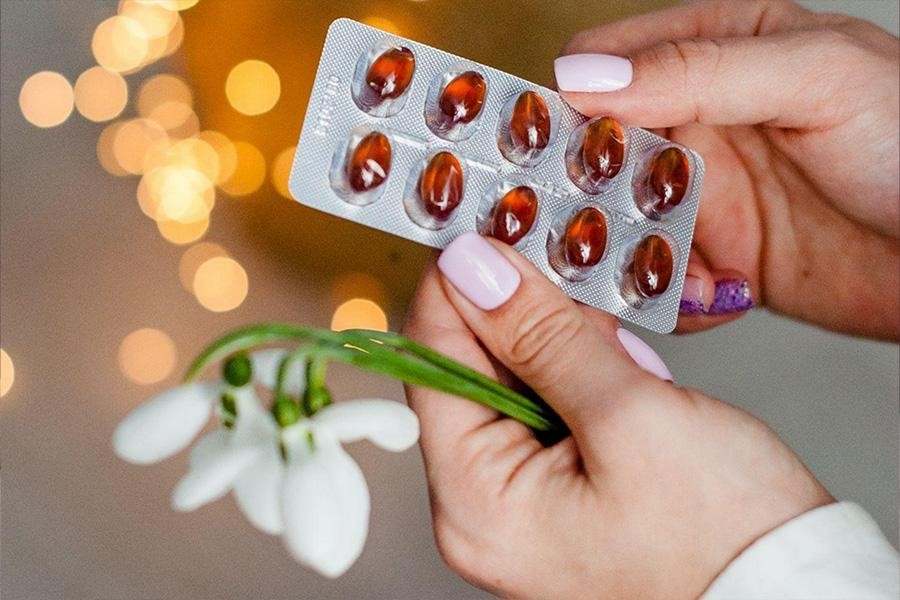
The demand for health-centric foods will continue to rise, with a special focus on beauty superfoods linked to gut and skin health. While these supplements are likely to be popular with many customers, others may prefer superfood-infused formulations to promote optimal skin rejuvenation.
As consumers become more interested in healthcare and clean ingredients, non-toxic, organic, and locally sourced ingredients will be in high demand. Some brands have patented their proprietary formulations and state that their extracts contain twice as much Vitamin E as regular bananas. Others source their ingredients from indigenous people while adhering to fair trade practices.
Supplements can be used in any category, including skincare, haircare, bath and body, and wellness. Some companies sell food shot serums to improve hair and skin health, while others sell food complexes that can be mixed into smoothies and salads.
Microbiome-friendly beauty

People will seek products that restore their skin balance; thus, microbiome beauty will gain prominence. This is due to increased consumer awareness of skincare, the science behind microbiome beauty, and how it works to protect and rejuvenate the skin. Personalization will also be important, with some brands allowing users to swab their skin and receive lab-assessed results for a customized skincare routine.
Some brands are turning towards clinical testing houses to provide certifications after rigorous testing that their formulations leave the natural levels of the skin’s microbiome intact. Brands can also harness microbiome-friendly formulas to other categories beyond skin care, such as hair care and personal care.
Soothing and relaxing aromatics
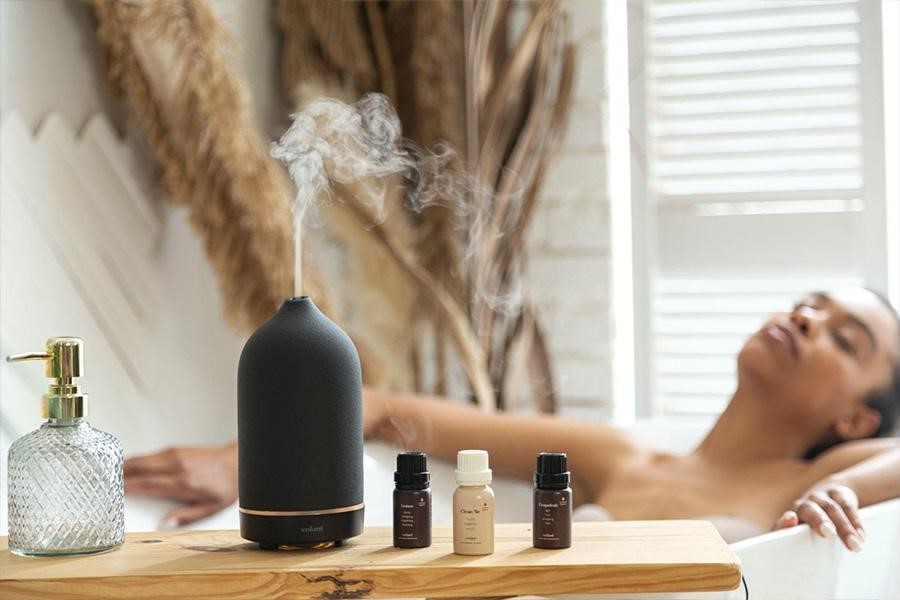
Scents that elevate moods and add a thoughtful moment to routines will become more popular. There will be a shift towards self-care products that promote overall wellness, whether in or outside the home.
Aromatherapy is widely accepted, with brands now offering aromatherapy-infused masks to increase blood circulation. Some brands sell essential oil-infused skin patches that provide hours of aromatherapy.
Aromatherapy will be infused into the bath and body segment in the future. Additionally, solutions to combat stress, improve mood, promote sleep, and energize the mind will be in high demand.
Feminine care and wellness
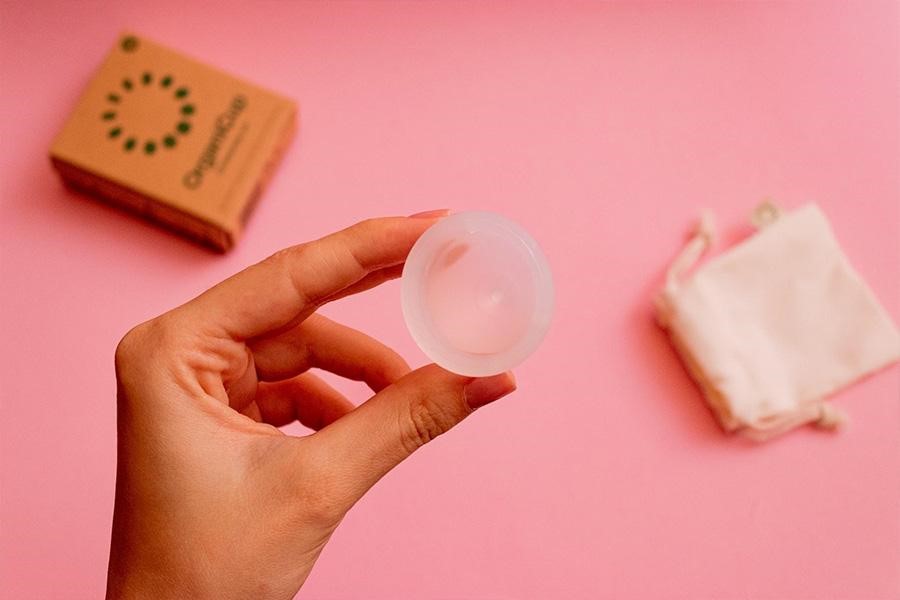
The digitalization of healthcare has increased the demand for personalized feminine care tailored to women’s biological needs. Femtech and intimate care companies have contributed to the breakdown of taboos surrounding women’s care, ensuring that everyone is seen and served. These companies are working to normalize discussions about menstruation, menopause, fertility, and pregnancy.
Some brands help adolescents transition into puberty by offering conversation cards that promote body positivity and menstrual care. Furthermore, a US-based menopause-focused brand offers on-demand coaching and hormone monitoring insights via an app.
Although access to feminine care will differ by region, the demand for such items will start with education. Some businesses sell books to increase female health literacy, while others host podcasts on the subject.
Perfection in micro-doses
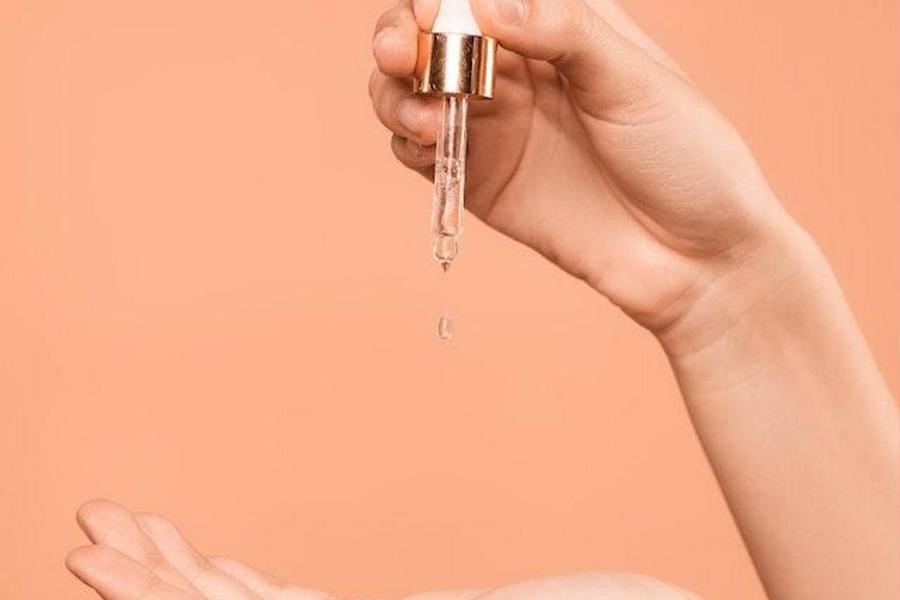
Minimalists and those who believe less is more will gravitate toward skincare micro-dosing to replenish the skin and repair damage. Skincare products with lower active ingredient concentrations will benefit the skin’s long-term health while avoiding irritation. Some brands offer collagen skin boosters in pre-packaged doses that are said to be six times more repairing than traditional collagen.
Other brands provide the perfect doses through their anti-aging line to repair, replenish, and regenerate the skin. Because users want convenience, airless pumps with pre-measured dispensers are good choices, especially for products containing active agents, because they help reduce waste. This concept of perfect doses can also be applied to other categories, such as personal care.
Minimalism for the lazy
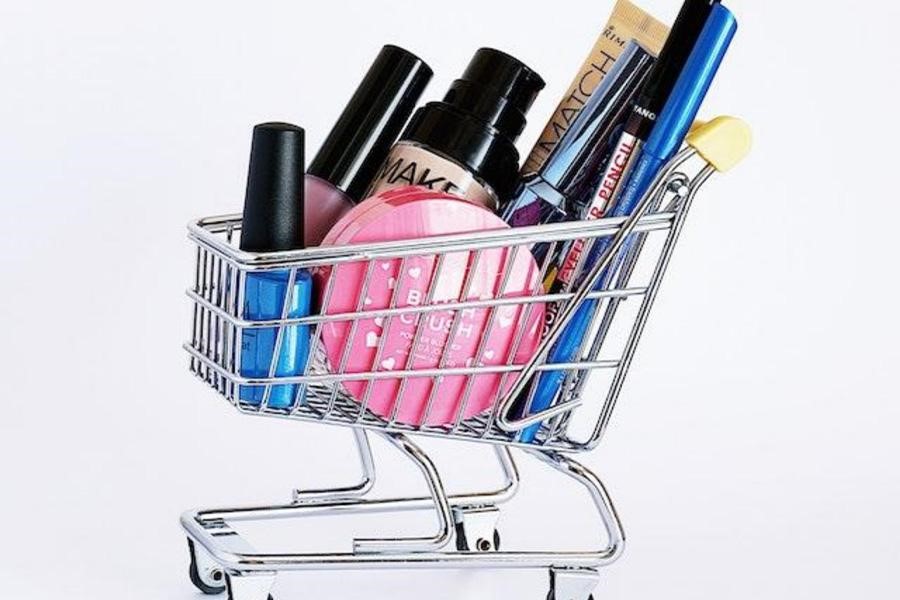
Many shoppers seeking minimalistic routines will be drawn to lazy, effortless skincare. This minimalistic trend will also seek to embrace natural beauty flaws, such as freckles and beauty marks, with specialized products available to highlight them. Additionally, lightweight, UVA/UVB protection products that blend well with the user’s skin will be in high demand.
Offering hybrid products that can do more with less is the best way to appeal to lazy skin minimalists. For example, makeup containing active ingredients that nourish the skin allows users to skip using a moisturizer. Furthermore, it is wise to invest in hydrating and proprietary formulations that are designed for buildable coverage.
Practical minis
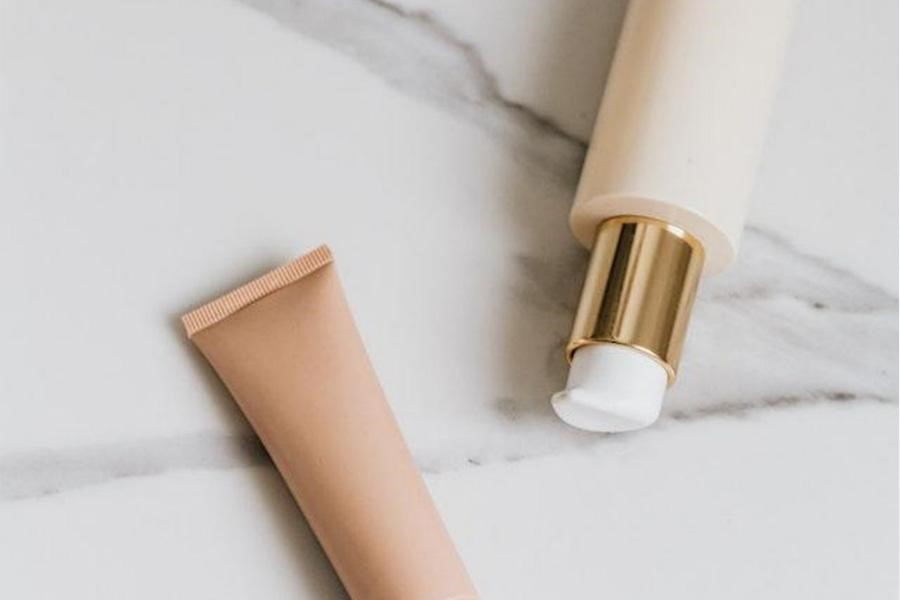
Miniature versions of large-sized products are ideal for travel and will ensure that customers are well-prepared no matter where they go. Minis will evolve beyond the traditional travel sizes to trial solutions and lifestyle dosing. Some brands offer mini versions of their products so customers can try them before making a full purchase, reducing waste.
Minis will become more mainstream as lifestyle dosing gains traction. This is evident on TikTok, where videos with the hashtag #SkincareOnTheGo have gone viral. Bite-sized portions packed with nourishing ingredients are becoming more popular among shoppers. The minis must not generate waste, so offering refillable bottles or sustainable alternatives is a good idea.
Key focus points
– As more customers seek customized skincare, the emphasis should shift to personalization. Scientific data and certifications must back up the products.
– Portable solutions in capsule packaging with an easy application will appeal to many consumers as they adapt to the on-the-go lifestyle.
– Consumers will be more health-centric, and thus there will be a demand for health supplements and nutrient-backed formulations.
